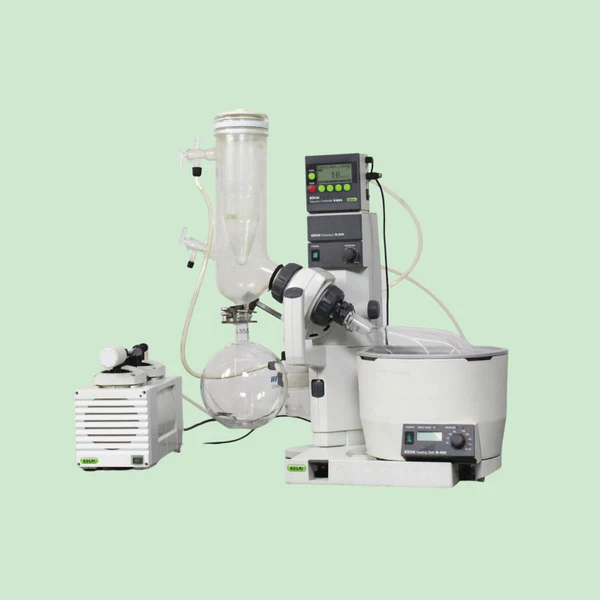Shopping for lingerie has never been easier or more convenient, especially when it comes to finding the perfect pair of panties that offer both comfort and style. With the rise of online shopping, you no longer have to visit multiple stores to find the right fit, fabric, or design. Instead, a vast selection of high-quality panties is just a click away, allowing you to browse through different styles, colors, and sizes from the comfort of your home. Whether you are looking for something casual for everyday wear, a seamless option for a smooth look under tight clothing, or an elegant lace design for a special occasion, online stores provide endless choices to meet every preference. One of the biggest advantages of shopping for panties online is the convenience it offers. You can easily explore various collections at any time of the day, compare prices, read customer reviews, and even take advantage of special discounts and promotions.

Many online retailers also provide size guides and fit recommendations, making it easier to select the right product without the hassle of trying them on in a store. With detailed product descriptions, high-quality images, and customer feedback, you can make a well-informed purchase without any guesswork. Comfort is a key factor when choosing panties, and online stores offer a wide range of fabrics designed to provide the best experience. From breathable cotton for all-day freshness to soft modal and luxurious silk for a touch of indulgence, there is something for everyone. Seamless designs and stretchable materials ensure a snug yet comfortable fit, reducing the risk of irritation or discomfort. Many brands also incorporate moisture-wicking technology and hypoallergenic fabrics, making their products ideal for sensitive skin. Whether you prefer high-waisted styles that offer additional support or low-rise designs that feel lightweight and barely there, amanté online shopping ensures that you can find the perfect match for your needs.
Style is just as important as comfort, and online stores cater to all tastes, from classic and minimalist designs to bold and trendy patterns. You can find everything from delicate lace thongs to cute and cozy boy shorts, sophisticated satin briefs to playful printed bikinis. The availability of various cuts and styles allows you to choose based on your wardrobe and personal preference. For those who love a coordinated look, many online stores offer matching lingerie sets, making it easy to pair panties with bras or barrettes for a complete and stylish ensemble. Shopping online for panties also allows for privacy and discretion, which can be a major benefit for many customers. There is no need to feel self-conscious or rushed while browsing, and you can take your time selecting the perfect styles without any pressure. Many retailers offer discreet packaging and reliable delivery services, ensuring that your purchase reaches you safely and securely.






